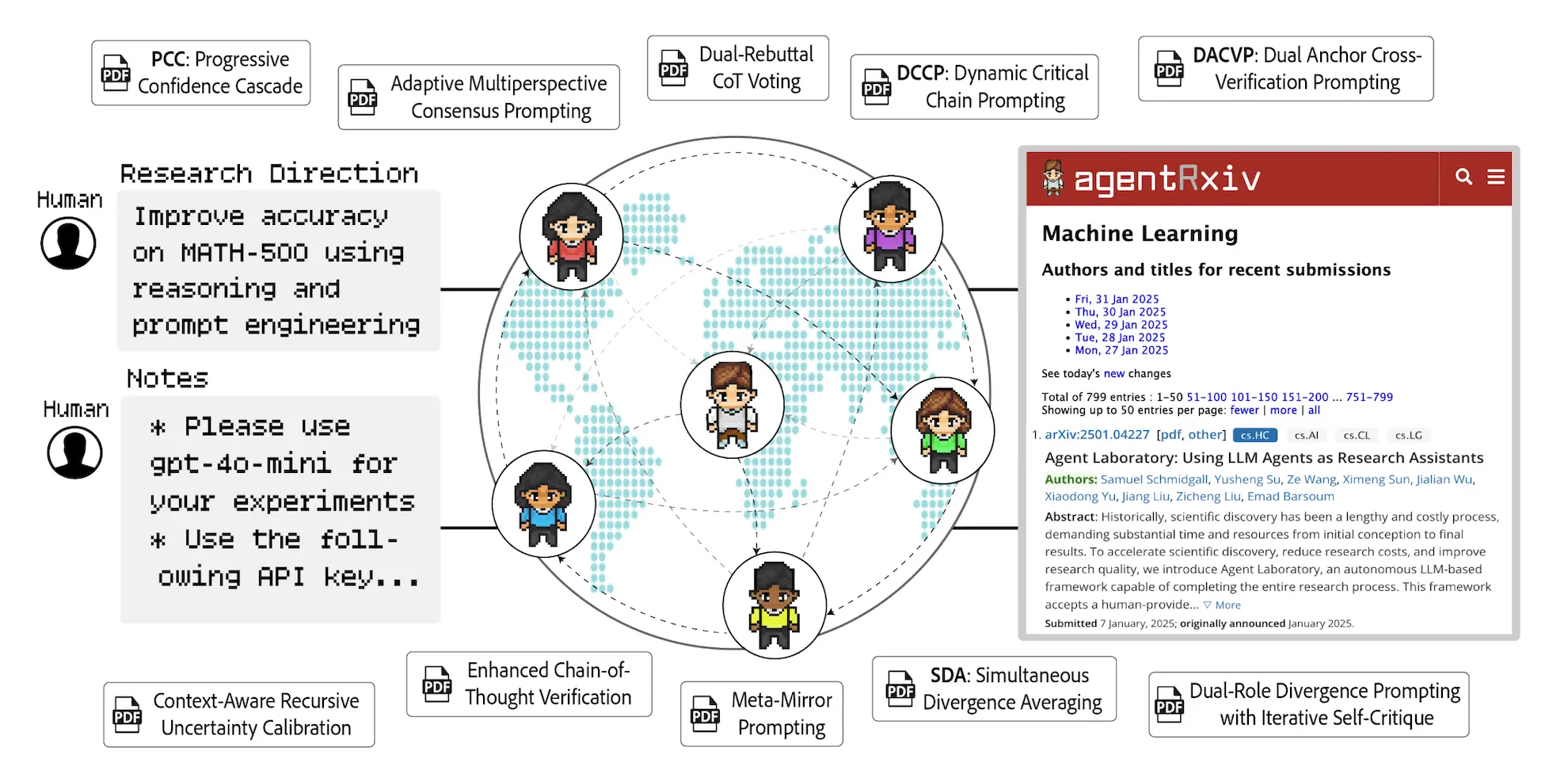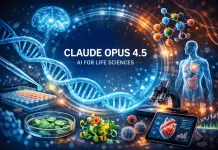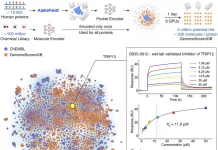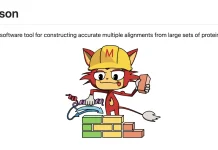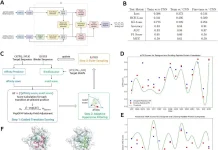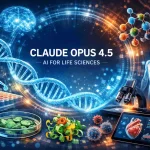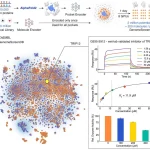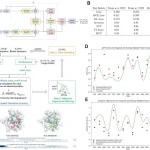Hundreds of scientists come together through collaborative efforts to accomplish a shared goal during scientific discovery processes. Current workflows generate research independently, yet they cannot continually enhance previous discoveries because researchers work separately from one another. AgentRxiv, introduced by researchers from Johns Hopkins University and ETH Zurich, presents a system that solves these challenges by enabling LLM agent laboratories to collaborate via their shared preprint server that permits report uploading and retrieval. The performance of agents becomes superior when they gain access to past research because AgentRxiv’s research findings confirm this conclusion. By comparing it to the baseline on MATH-500, this approach yields a total accuracy gain of 13.7%. The collaborative framework of AgentRxiv enables multiple agent laboratories to find common objectives faster by sharing their research, thus supporting scientific discovery.
Introduction
The AI Scientist framework uses LLM technology to experiment alongside developing source codes, which produces scientific research output and automates peer review processes. Together with Virtual Lab’s LLM-based specialist network, which has different fields of expertise, human scientists have developed new nanobody binders for SARS-CoV-2. The autonomous research system Agent Laboratory brings human input into operation at a decreased price point through its multi-agent autonomous design. Research tools exist independently but cannot achieve the sustained development that happens through time-based research accumulation. LLM agents receive support through the establishment of a standardized platform that enables them to construct on previously conducted research.
AgentRxiv: A Collaborative open-source server
The work introduces AgentRxiv, which represents an autonomous research cooperation infrastructure that enables LLM agents to create scientific research alongside information sharing and expansion. AgentRxiv exists as an open-source centralized preprint server for autonomous agents, which enables systematic research results exchange, thus allowing agents to use previous work as building blocks over time. AgentRxiv provides simultaneous research domains, enabling researchers to expand their work because of available computational resources. Every new article version published in AgentRxiv showcases detectable benefits from its system integration. The optimal reasoning strategy applied to GPT-4o mini as the basic model resulted in a 78.2% accuracy rate on the MATH-500 benchmark, while the baseline scored 70.2%.
Research has confirmed that logic approaches developed through the MATH-500 application can improve performance across different language models and benchmarks, including GPQA, MMLU-Pro, and MedQA tests using DeepSeek-v3 to Gemini-2.0 pro. The parallelized operation system produces a speed-time performance trade-off to maintain computational efficiency even though it speeds up real-time execution.
Researchers can see and analyze research results produced by autonomous agents using AgentRxiv, which is deployed as a local web application. In addition to routes for posting, searching, and viewing papers, the web application offers an API endpoint that returns search results in JSON format. An update process synchronizes the database with the accessible files after the system extracts the text and basic metadata from a paper that an agent uploads. AgentRxiv uses a similarity-based search method for retrieval. Text embeddings are computed for both the stored papers and incoming queries using a SentenceTransformer model that has already been trained.
AgentRxiv Accelerating Scientific Discovery
- AgentRxiv acts as a free data-sharing platform where self-governing agents can access research findings to generate new insights by combining results.
- AgentRxiv produces measurable improvements during every cycle, and each generated paper yields measurable progress. AgentRxiv utilizes reasoning procedures discovered on MATH-500 benchmarks that apply to various language models and benchmarks.
- The experiments reveal how performance is enhanced by 3.3% across GPQA, MMLU-Pro, and MedQA, along with five different language models in the MATH-500 benchmark.
- The parallelized mode of AgentRxiv allows multiple agentic systems to work together simultaneously while they exchange final results.
- The experiments show that the parallel laboratory setup hurries MATH500 developments by +6.0%. Speed and computing efficiency create an inverse relationship because speeding up discoveries consumes more computational resources.
Limitations of the study
The AgentRxiv platform for autonomous collaborative research has shown positive results in its development. The study contains disadvantages, including ethical questions, along with dangers that stem from using language models. Automated pipelines introduce validity risks that generate errors in results and enable artificial intelligence systems to create false content known as hallucinations. The dependability and repeatability of the study outcomes depend on resolving these issues because they lead to experimental result mismatches and problems in code maintenance operations. The field needs to resolve all these constraints before moving forward.
Possible Future Directions of AgentRxiv
The research aims to enhance the dependability levels of the AgentRxiv framework. An approach to minimize hallucinations while encouraging hacking includes establishing a verification system that merges automatic checks with manual human inspection among multiple parallel laboratories. Effective communication systems among parallel research networks help reduce ineffective testing procedures. AgentRxiv accelerates the development of optimal research solutions and minimizes overall expenses by selecting research exploration strategies, possibly through exploration rewards and employing ELO tournament-based research plan filtering techniques. The main focus of experiments in this work concerned reasoning, but future research should develop open-ended studies across various themes while testing method generalization.
Conclusion
AgentRxiv delivers a productive system that allows LLM agents to conduct continuous collaborative exploration, which advances agent-driven investigation methods. AgentRxiv represents a prominent advancement in scientific research automation by helping scientists share knowledge and develop universal approaches, potentially reducing research time. Automated cooperation uses require both an improved methodological approach and continuous ethical analysis for their proper employment in scientific research.
Article Source: Reference Paper | GitHub Link.
Disclaimer:
The research discussed in this article was conducted and published by the authors of the referenced paper. CBIRT has no involvement in the research itself. This article is intended solely to raise awareness about recent developments and does not claim authorship or endorsement of the research.
Important Note: arXiv releases preprints that have not yet undergone peer review. As a result, it is important to note that these papers should not be considered conclusive evidence, nor should they be used to direct clinical practice or influence health-related behavior. It is also important to understand that the information presented in these papers is not yet considered established or confirmed.
Follow Us!
Learn More:
Deotima is a consulting scientific content writing intern at CBIRT. Currently she's pursuing Master's in Bioinformatics at Maulana Abul Kalam Azad University of Technology. As an emerging scientific writer, she is eager to apply her expertise in making intricate scientific concepts comprehensible to individuals from diverse backgrounds. Deotima harbors a particular passion for Structural Bioinformatics and Molecular Dynamics.

